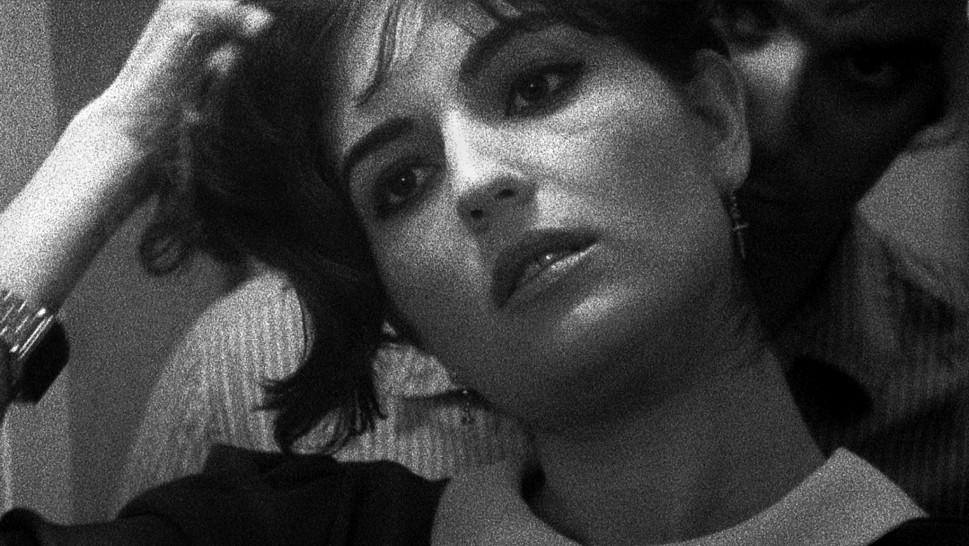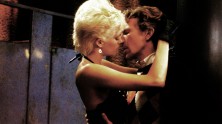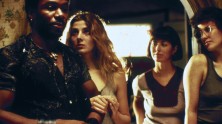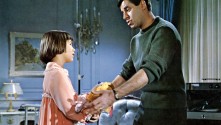
The Color Wheel
The Magic Land of Mother Goose
In his second feature, Perry works only with flat shades of grey to fill in the infinite spectrum of his sardonic, deviant strain of screwball comedy. In the film that put the young director’s name on every critic’s watch list, twenty-something JR, an aspiring news reporter, recruits her brother Colin—still living at home—to accompany her across the country to retrieve belongings from her ex-boyfriend/professor. Their respective insecurities provide plenty of material for the siblings’ relentless—and mostly hilarious, occasionally offensive—insults and banter; the oddly complementary and oppositional bond only showing signs of tenderness when one is in the crosshairs of those even more ridiculously cruel than they are. With a style and tone that feels as careless and awkwardly self-consciousness as its two unsympathetic leads, the film maintains a bizarrely engaging and unnerving balance of comedy and agitation. When unguarded connection and compassion finally appear, the emotional release is compromised within a uniquely perverse surprise ending—much of the shock stemming from the seemingly motivationless characters and their director suddenly appearing in a sharper, more complicated and strategic light.
-
The Magic Land of Mother Goose
Directed by Herschell Gordon Lewis.
With Roy Huston, David Hammond, Judith Snow.
US, 1967, 35mm, color, 59 min.
Print source: HFA
There was a time where you could walk into a video store and, if you were lucky, that store would be staffed by maniacal weirdos with decades of esoteric knowledge who would be playing something on the television set so bizarre and so inane that you had to stop and ask “What is this?” Any Herschell Gordon Lewis film would do the trick, and of course he is mostly known for his splatter-fest horror masterpieces such as Blood Feast, Two Thousand Maniacs! and The Wizard of Gore. But HGL also made several truly deranged “children’s” films that are unsuitable for children of any age at any point in time. These are nightmare fuel, pure and simple. No child who was taken to a matinee of these films would emerge unchanged for the worse. They are dull, perverse, cheap and their very existence defies all logic of what movies are and why they are made. For some reason, the Harvard Film Archive has a print of one of these films and to not share it with an unsuspecting audience for the first time since I had it in heavy rotation at the video store where I worked would be a missed opportunity. – ARP




















